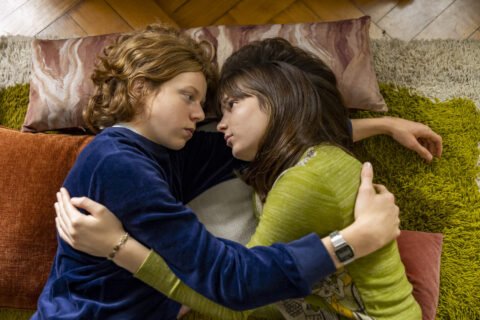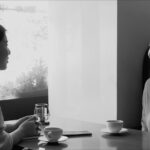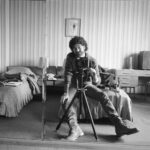At first glance, Generation appears to be a film programme aimed at kids. Submissions must be about children, teenagers or young adults. But on second glance, it’s a far more interesting and robust programme, using its look at non-grown up lives as a means to reflect on the world at large. There might be less experimentation than Forum, or fewer big swings than Encounters, or fewer big faces than the Competition, but Generation is certainly a great place to look for filmmakers expressing a unique point-of-view through either a childlike perspective, or through the eyes of a child.
It can score some big hits too. After all, The Quiet Girl (Colm Bairéad, 2022), honoured in the Foreign Language Film section, is the only feature film at last year’s Berlinale to be nominated for an Oscar (Haulout, (Maxim Arbugaev, Evgenia Arbugaeva, 2022), is nominated for Best Documentary Short). To see if I can potentially spot the next big thing, I’ve wandered over to the Generation section.
The two films I’ve encountered so far couldn’t be more different, both in style, and in quality.
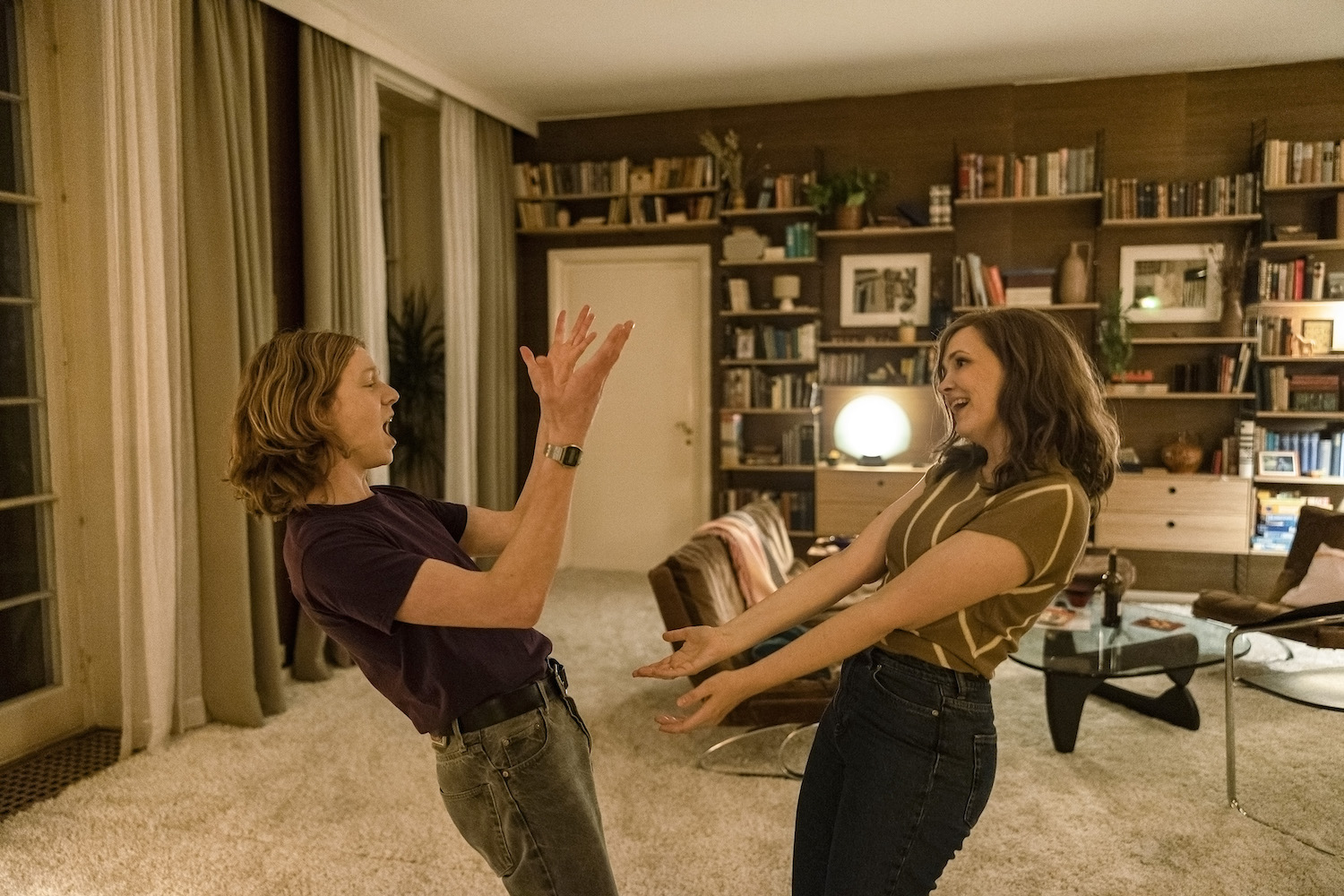
Welcome to the House of Fun
Sonja Heiss hasn’t made a film since Hedi Schneider Is Stuck (2015).
She holds a special, random place in my filmgoing heart, as that was the second ever movie I watched at my first ever Berlinale (the first was Guy Maddin’s The Forbidden Room [2015]). A tale of a quirky woman having a panic attack and dealing with the ramifications in her interpersonal relationships, it’s a perfectly fine German film that characterises a good deal of Berlinale Special efforts.
Eight years later she opens the Generation section with an adaptation of Joachim Meyerhoff’s best-selling roman à clef, When Will It Be Again Like It Never Was Before (2023, feature and above). Played as a boy, teen and adult by Arsseni Bultmann, Camille Loup Moltzen and Merlin Rose, it details his time growing up on the grounds of a psychiatric clinic in Schleswig-Holstein.
Squaring the difference between a serious melodrama about the pangs of growing up in the midst of such a community, and an at-times quite amusing comedy about the strangeness of his surroundings, Heiss’ filmmaking style doesn’t seem to have deepened much during the extended hiatus. Very easy on the eye while running a little too long, it may prove a hit on German TV, but is unlikely to be as successful as The Quiet Girl (Colm Bairéad, 2022).
The modest, middle-of-the-road ambitions can be summed up by the musical choices, featuring obvious classics of the late 70s and early 80s such “Enola Gay” and “Being Boiled” with a couple of notable German New Wave songs thrown in for good measure. It even starts with a choice so overused I’d previously thought I’d never hear it again: The The’s coming-of-age classic “This is The Day.” I love this song, but a cursory look at Wikipedia reveals thirteen uses of the song in previous media. Original, it is not.
And if you start with “This is The Day” — a song I usually associate with the endings of “this is me and my crazy family” or “that was the summer when everything changed” — what do you end the film with? T-Rex and “Cosmic Dancer” of course.
“I was dancing when I was 12.”
Apt for a coming-of-age film.
In a strange, quirky coincidence, Marc Nolan’s estate is making serious bank from the Berlinale. It also features in Sisi & Ich (Frauke Finsterwalder, 2023). It must be playing a lot on German radio.
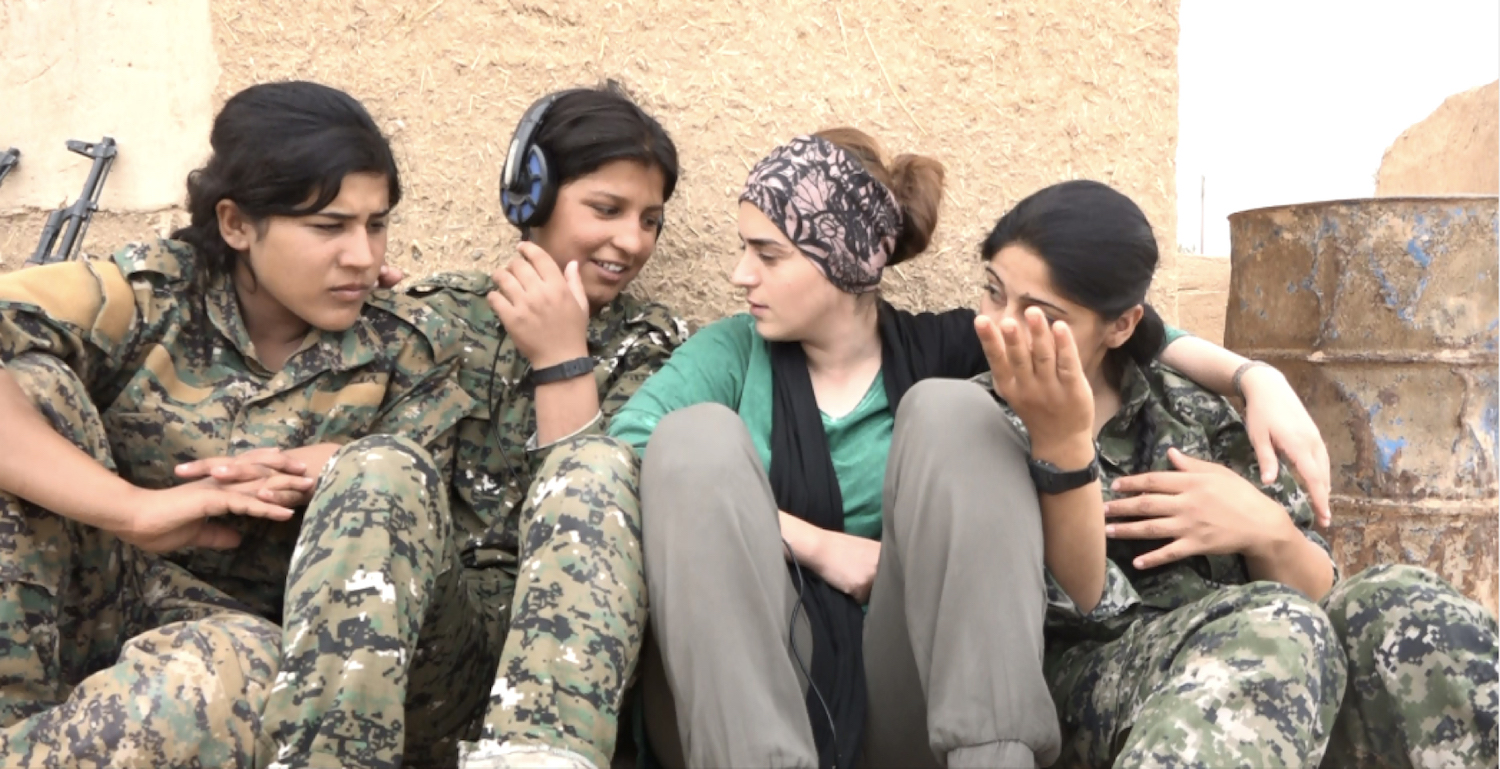
The Allure of War
Ever since she was a child, Negin Ahmadi knew she was different from the other Kurdish-Iranian girls.
In a breathless montage over home video footage, the narrator of Dreams’ Gate (2023, above) relays how she naturally rebelled against her family. Then she rebelled against her husband, divorcing him while in her 20s. She’s seeking something different. She wants to “break free from life.”
In search of feminine sublimity, she shadows the Kurdish all-women YPJ militia in Northern Syria. Previously lionised in the well-meaning yet underwhelming Girls of The Sun (Eva Husson, 2018), the lives of these women — fighting both the Turkish Army and ISIS — is told with great affection and tenderness.
This is both a film about war and a film about depicting war; the practicalities of what you can and cannot shoot. Ahmadi great gets mileage out of these restrictions, focusing on the more banal aspects of military life. In one delightful sequence, she shoots two women’s bare feet. Just like children, they pretend their toes represent ISIS fighting the YPJ. Simply by letting these girls (most of them in their early 20s) be girls — to be silly, to try on dresses, to dance, sing and play games — Ahmadi collapses all gender stereotypes about serving in the army, creating an ode to those who choose to risk their life in the name of personal and national freedom.
The unfocused, awkward frames of Dreams’ Gate are alive with kinetic energy. Mixing camcorder and smartphone footage, and using only natural light and minimal set-ups, there is a rawness to the images and the audio design that suits the subject matter and the directness of the Ahmadi’s approach. Sleek, beautiful shots would’ve greatly cheapened the experience.
Don’t expect anything too harrowing. The editing propulsively moves the story over a mere blink-and-its-over 65 minute runtime, never lingering on anything too sad for too long. If anything, the film ends up making war look kinda cool — especially when a missile destroys an ISIS truck with absolute precision.
But Ahmadi is aware of her own addiction to being in the thick of battle, especially in the way that this life contrasts with everyday existence back in Iran. Through endless self-reflections, often shot in selfie-mode while the soldiers are doing their exercises or taking some down-time, she directly offers her contradictory emotions and feelings towards the camera.
I was left with a similar mix of emotions. I felt bad for enjoying it so much. This is a story about women fighting a fascist death cult, risking their own mortality every single day. At the same time, the film is deeply enjoyable, especially thanks to the endearing glint in Ahmadi’s eye when she loads an AK-47, or fires it into the sea. I’m also conscious of simply watching a film about any military organisation and blankly endorsing it.
This confusion seems intentional. Ahmadi invites us deep into her headspace, allowing us to feel as she does, brilliantly. The effect is a bit like wanting to join the mafia after watching Goodfellas (1990, Martin Scorsese).
Redmond is the editor-in-chief of Journey Into Cinema.
